Should You Invest in Smart Home Features?
Smart homes have become more common in recent years. They offer features like remote lighting, smart thermostats, and security systems. For many, these upgrades seem useful. But when it comes to value, it’s not always a clear answer. Some buyers see smart features as a bonus, while others see them as unnecessary. If you're selling, adding smart upgrades may make your listing stand out. If you're buying, consider how often you’ll use them. It’s also worth thinking about upkeep, like software updates or system compatibility. These homes can help save energy, but only if used well. A smart thermostat won’t save money if it’s never programmed. Whether you’re impressed by the tech or not, it’s smart to do your homework. The best investment is one that fits your lifestyle and comfort level.
Some smart devices are easy to install, while others require professional help. It’s important to understand what you’re getting into before buying. Ask yourself if the tech will actually make your life easier. For instance, will a smart doorbell improve security or just add another app to your phone? Smart homes often depend on strong internet connections. If your area has spotty service, that might cause issues. Also, think about privacy and data. Devices that record or collect information may not appeal to everyone. Some people find these tools helpful for aging in place or keeping an eye on kids. Others might prefer traditional systems they understand better. Talk to your real estate agent about resale value in your area. What’s popular in one market might not be in another.
Buying or upgrading to a smart home can come with extra costs. Equipment, setup, and maintenance can add up over time. It’s good to compare those costs to any potential savings. Energy savings might take months or years to show up. Some insurance companies offer discounts for smart security systems, so that’s worth checking. But not every buyer is willing to pay more for a smart home. That means your investment might not fully pay off at resale. Still, if you plan to stay in your home for years, comfort might matter more than resale. Consider starting small with one or two upgrades. You can always add more later if you find them useful. That way, you’re not spending money on things you won’t use.
In the end, smart homes can be helpful for some and unnecessary for others. If you're thinking about buying one, try living with a few smart tools first. If you're thinking about selling, talk to your agent before adding features. Every homeowner is different, and there’s no one right answer. Some people love managing their lights and temperature from their phones. Others prefer switches and dials that just work. Focus on what feels right for you and your home. Don’t get caught up in trends that don’t match your lifestyle. If smart tools make daily tasks easier, they could be worth it. But if they just add more work, it might be better to skip them. Like any home decision, it’s about balance. Choose what supports how you actually live.
Categories
Recent Posts
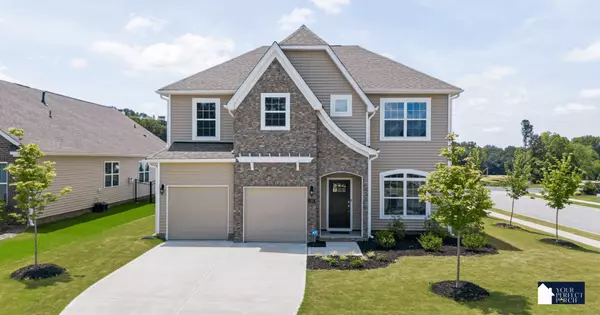
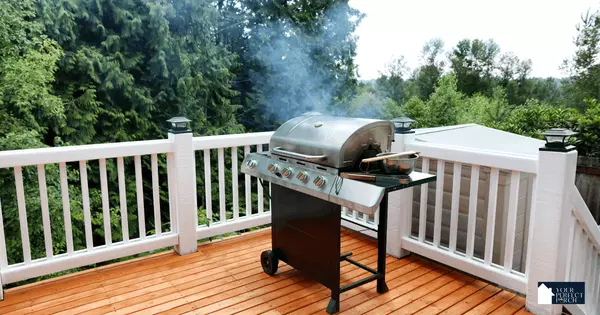
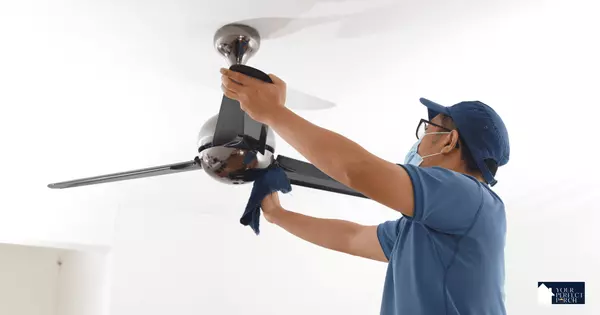
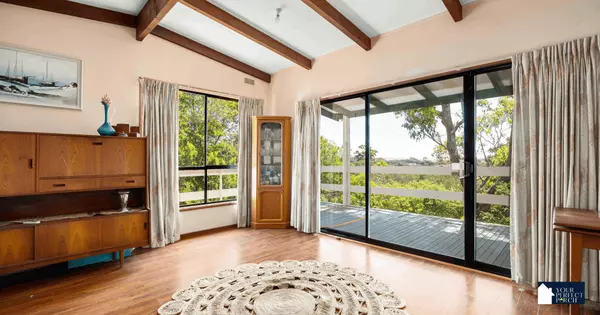
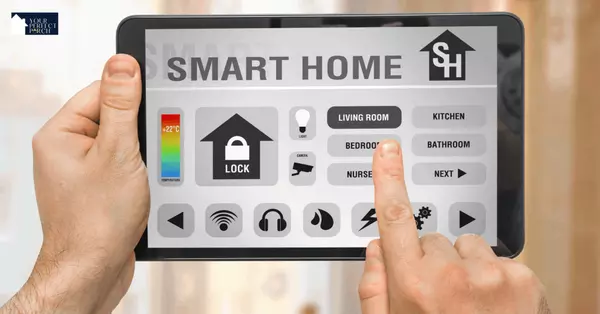
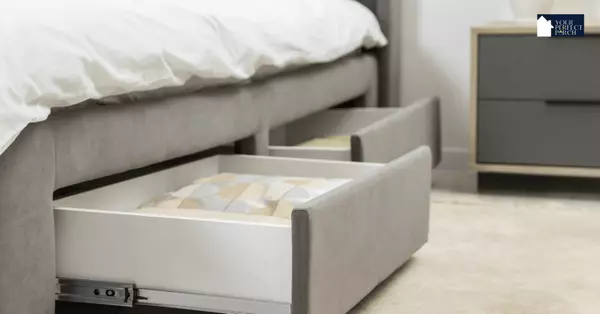
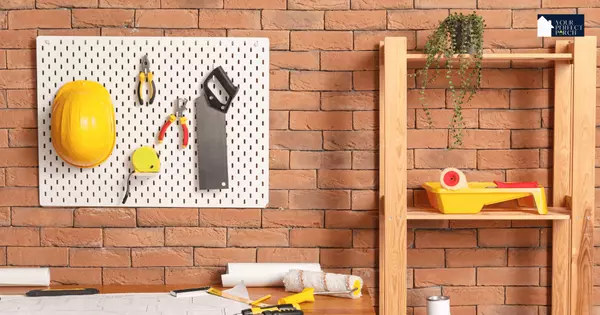
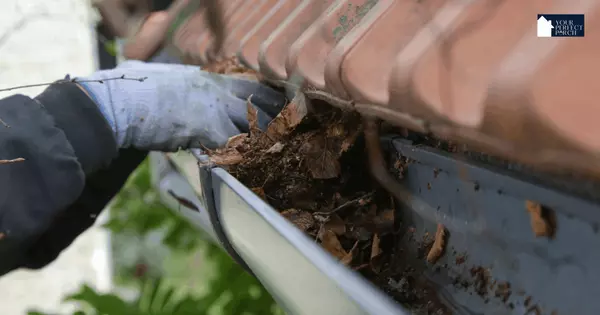


GET MORE INFORMATION

